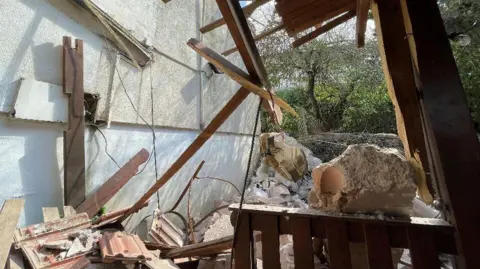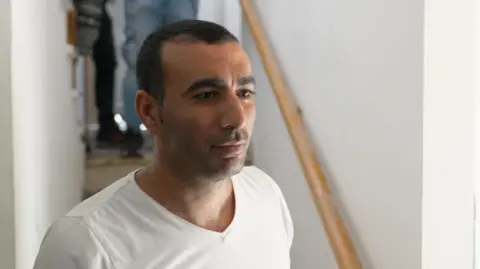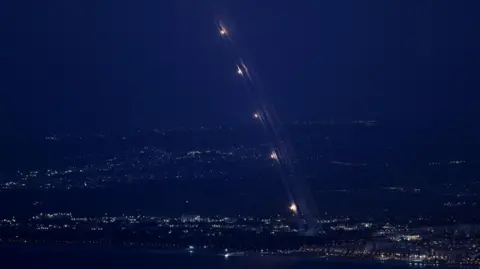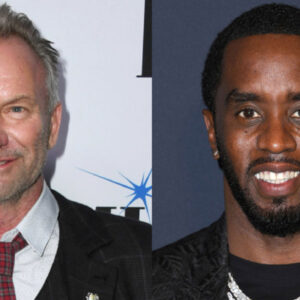
Escalating Conflict: Israel Targets Hezbollah Amidst Catastrophic Setbacks for the Militant Group
The recent escalation in the ongoing conflict between Israel and Hezbollah has entered a critical phase, particularly following the assassination of Hassan Nasrallah, Hezbollah’s long-standing leader. This assassination has dealt a devastating blow to the Iranian-backed Shia militia, disrupting its communication networks and resulting in a series of catastrophic losses, including the deaths of top commanders and the destruction of military infrastructure. The landscape has changed dramatically in just a few days, and the Israeli defense minister has confirmed that the campaign against Hezbollah is intensifying.
Israel has launched ground operations in southern Lebanon, claiming that these are “limited” and aimed at specific Hezbollah targets. Israeli military officials have stated that their operations are designed to ensure the safety of residents in northern Israel who have been displaced by ongoing Hezbollah attacks. The aim is to weaken Hezbollah sufficiently to allow civilians to return home safely.

Despite suffering significant setbacks, Hezbollah remains defiant. It has continued to launch rocket attacks into northern Israel and has vowed to confront any Israeli ground invasion. The fear is that Israel’s military strategy, while seeking to maintain the upper hand, could provoke a wider regional conflict. The situation is tense, with frequent alerts in northern Israel prompting residents to take cover in safe rooms.
Israeli Prime Minister Benjamin Netanyahu has emphasized the need for a proactive military approach, stating that Israel is not waiting for threats but is instead anticipating and eliminating them before they materialize. Military actions include targeting locations where Hezbollah is believed to be hiding weapons, with Israel showing no signs of halting its aerial bombardment, even as it prepares for potential ground operations.
As Israel ramps up its airstrikes, the situation in Lebanon is dire, with significant civilian casualties reported. The Lebanese health ministry has stated that more than 1,200 people, including many women and children, have been killed in the recent violence. The Prime Minister of Lebanon has warned that the country is facing one of its most dangerous phases, with a million people displaced and shelters overwhelmed.
The assassination of Nasrallah not only affects Hezbollah but is also a significant blow to Iran, which has heavily supported the group as part of its regional strategy. In the wake of these developments, Iran is expected to consider its response carefully, weighing options to retaliate without triggering a full-scale war that could involve the U.S. and other regional powers.

Currently, the diplomatic efforts to de-escalate the conflict have stalled, with U.S.-led initiatives failing to yield results. The prevailing military logic of strike and counter-strike has overshadowed potential peaceful resolutions. As the conflict escalates, the asymmetry in power and destruction capabilities between Israel and Hezbollah raises concerns about the potential for a broader war and the extent of suffering that may ensue.
The stakes are incredibly high, and with both sides preparing for further escalation, the international community watches closely, hoping for a resolution that seems increasingly elusive.





